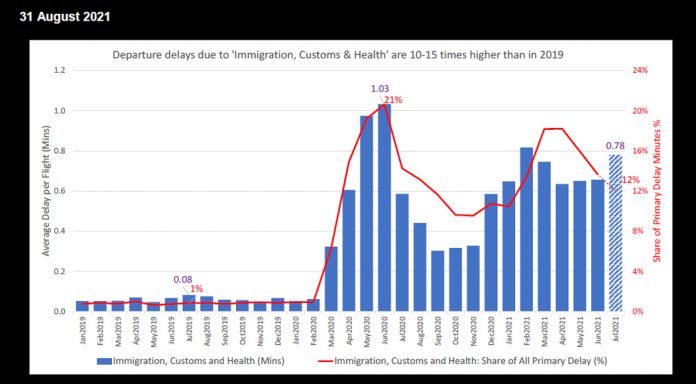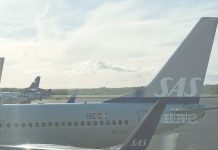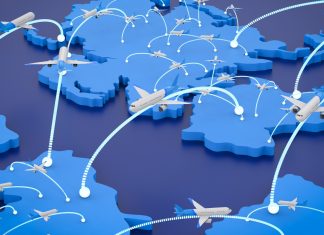With fewer flights due to COVID-19, passengers have naturally experienced fewer delays. But baggage loading or refuelling can still be late, or aircraft can need an extra check from an engineer before leaving, so delays haven’t gone away completely. Data from airlines in July shows the average delay per flight on departure was 11 minutes, definitely better than 18 minutes in July 2019. However, not all types of delay are down.
To track and improve their performance, airlines classify the causes of delays on departure:
• ‘primary’ causes, the majority of which in a typical month are linked to one of the airline’s own processes, such as refuelling or aircraft technical checks;
• ‘primary’ also includes airport-related delays such as congestion on the ramp, and air traffic management delays;
• and ‘reactionary’ delay, which is delay carried over from a previous flight and that hasn’t been caught up.
One rare primary cause is the ‘immigration, customs and health’ category, for example for delays at passport control. In a typical year, only about 1% of delay falls in this category. (See July 2019 in the graph, for example.)
This is not, however, a typical year. During the pandemic, departure delays due to ‘immigration, customs and health’ have jumped from next to nothing to 0.6-0.8 minutes for every flight. Indeed, preliminary data for July reached 0.8 minutes per flight. That’s 10-20% of all primary delay that is down to the extra time taken, mostly at check-in, needed
to check what the destination specifically needs, whether the passengers have the right combinations of test and vaccination certificates. Even if passengers are arriving early, in some cases it’s not early enough, when there are long queues for these checks. Moreover, being departure statistics, they do not include further checks on passengers at arrival, for which there have also been anecdotal reports of substantial delays.
More passengers over the Summer mean that airlines and airports need to make even more such checks. So we expect data for August to be as poor as July, before they get better.
Technical Bits: The ‘delays’ here are measured at the time of departure of the aircraft from the gate, compared to the schedule. ‘Reactionary’ delays tend to be from multiple primary causes, so it’s normal practice to leave them as a lump, rather than arbitrarily share out amongst primary reasons. The delay groupings are a n agreed global standard; they include code 86, which is a ‘government’ delay covering immigration, customs and health.
























